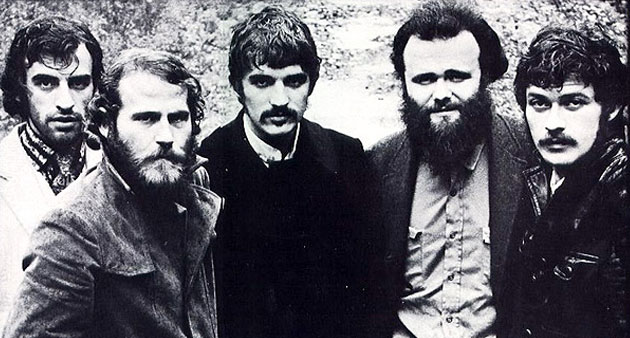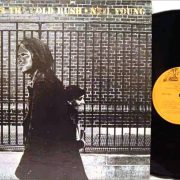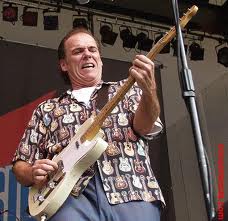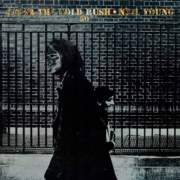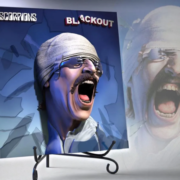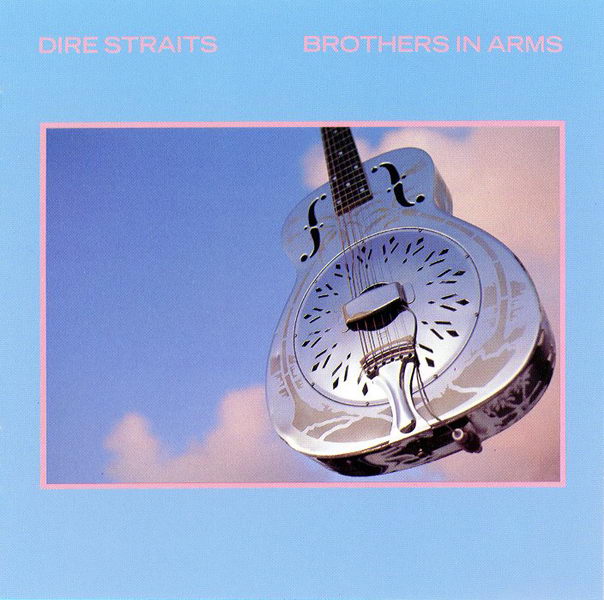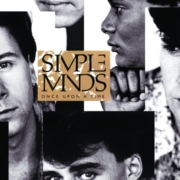The Band 55th Anniversary- Robbie Robertson
On this, the fifty-fifth anniversary of the the eponymous second effort from The Band, it is hard for me to remind myself that Robbie Robertson, the fulcrum upon whose songs The Band leveraged rock music so magnificently for so many years, is no longer amongst the living. Robertson’s musical tales, and the places and characters who inhabited them, seemed so vividly alive and timeless that, by extension, I thought that the composer somehow would be, too. [jwplayer config=”Audio Player” file=”https://s3.amazonaws.com/its-masters/band-big-pink-band-stage-fright.mp3″ image=”https://www.inthestudio.net/wp-content/uploads/2015/08/BAND-the-band-big-pink-basement.jpg” html5_file=”https://s3.amazonaws.com/its-masters/band-big-pink-band-stage-fright.mp3″] When Rolling Stone magazine writers compiled their original Top 500 Albums of All Time, The Band’s 1968 initial offering, Music from Big Pink, ranked at #34 on that list. That was almost twenty places higher than The Beatles‘ debut, and the eponymous 1969 second album The Band, released fifty-five years ago this week, landed almost as high at #45 all time. Then completing the trifecta, the sublime third effort, Stage Fright, released in August 1970, went Top 5 and sold over a million copies. 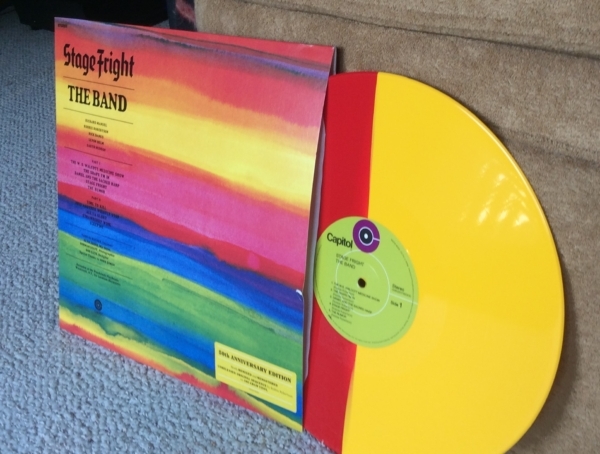 When The Call’s main songwriter/singer Michael Been passed away suddenly in 2010, a quote was attributed to him in his obituary where he claimed to have seen The Band in concert at age 18, which set Been on a life’s course of music literally until the day that he died. Watching Martin Scorsese’s The Last Waltz, The Band’s Thanksgiving 1976 swan song , shows how that kind of epiphany could happen. But the earliest work of this quintet with the generic name is no less impressive. As Robertson and I convened for another session, this time upstairs at LA’s Village Recorder just off Sunset Boulevard, when I snagged Rock and Roll Hall of Famer Robbie Robertson for In the Studio episode #11, I was keenly aware that The Band’s Music from Big Pink debut album was even then enjoying classic status. In that and subsequent interviews, we discussed in great detail both this most eclectic stand-alone unit with main songwriter/ guitarist Robertson, fellow Canadians keyboardist Garth Hudson; singer/pianist Richard Manuel ; singer/ bass player Rick Danko; and Arkansan singer/ drummer/ mandolin player Levon Helm; plus as the touring band who supported folk singer Bob Dylan during his highly controversial transition to an electric rock’n’roll presentation.
When The Call’s main songwriter/singer Michael Been passed away suddenly in 2010, a quote was attributed to him in his obituary where he claimed to have seen The Band in concert at age 18, which set Been on a life’s course of music literally until the day that he died. Watching Martin Scorsese’s The Last Waltz, The Band’s Thanksgiving 1976 swan song , shows how that kind of epiphany could happen. But the earliest work of this quintet with the generic name is no less impressive. As Robertson and I convened for another session, this time upstairs at LA’s Village Recorder just off Sunset Boulevard, when I snagged Rock and Roll Hall of Famer Robbie Robertson for In the Studio episode #11, I was keenly aware that The Band’s Music from Big Pink debut album was even then enjoying classic status. In that and subsequent interviews, we discussed in great detail both this most eclectic stand-alone unit with main songwriter/ guitarist Robertson, fellow Canadians keyboardist Garth Hudson; singer/pianist Richard Manuel ; singer/ bass player Rick Danko; and Arkansan singer/ drummer/ mandolin player Levon Helm; plus as the touring band who supported folk singer Bob Dylan during his highly controversial transition to an electric rock’n’roll presentation. 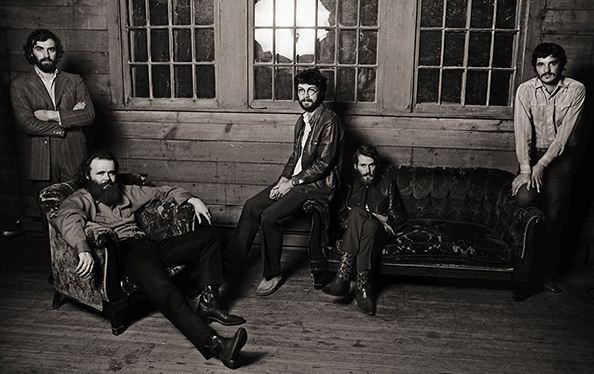 In his best-selling autobiography, no less than the great Eric Clapton confesses to having one musical mission after Cream broke up: joining The Band. And apparently it was no idle passing fancy, because Clapton journeyed from London to upstate New York’s sleepy village of Woodstock to offer his services. At some point he realized that they already had a guitar player in Robbie Robertson, and Eric returned to his Hurtwood manor to jam with Steve Winwood and form Blind Faith instead.
In his best-selling autobiography, no less than the great Eric Clapton confesses to having one musical mission after Cream broke up: joining The Band. And apparently it was no idle passing fancy, because Clapton journeyed from London to upstate New York’s sleepy village of Woodstock to offer his services. At some point he realized that they already had a guitar player in Robbie Robertson, and Eric returned to his Hurtwood manor to jam with Steve Winwood and form Blind Faith instead. 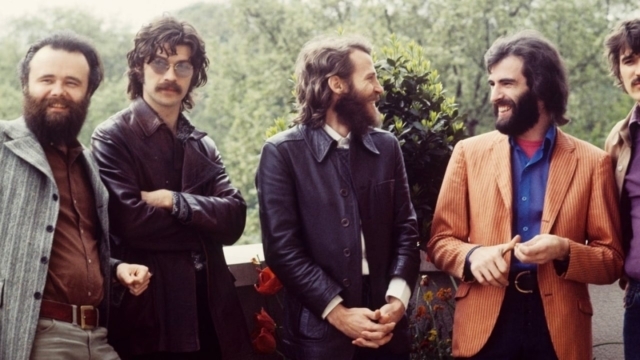 Widely viewed along with Bob Dylan, The Byrds, and Gram Parsons as fathers of the Americana musical movement, The Band also may have been one of rock’s first alternative groups. In part one of this classic rock interview, main songwriter Robbie Robertson (“The Weight”,”The Night They Drove Ol’Dixie Down”,”Up on Cripple Creek”,”The Shape I’m In”) helps me make that case for this band, members all of the Rock’n’Roll Hall of Fame. “The Weight”, “Chest Fever”, and a haunting acapella version of Dylan’s “I Shall Be Released” featuring the uncanny vocal harmonies of Manuel, Danko, Robertson and Helm, all now silenced by time but preciously preserved here in this essential classic rock interview show. Robbie Robertson has died after a long struggle with prostate cancer. Robbie was 80 when he passed; his soul seemed centuries older. – Redbeard
Widely viewed along with Bob Dylan, The Byrds, and Gram Parsons as fathers of the Americana musical movement, The Band also may have been one of rock’s first alternative groups. In part one of this classic rock interview, main songwriter Robbie Robertson (“The Weight”,”The Night They Drove Ol’Dixie Down”,”Up on Cripple Creek”,”The Shape I’m In”) helps me make that case for this band, members all of the Rock’n’Roll Hall of Fame. “The Weight”, “Chest Fever”, and a haunting acapella version of Dylan’s “I Shall Be Released” featuring the uncanny vocal harmonies of Manuel, Danko, Robertson and Helm, all now silenced by time but preciously preserved here in this essential classic rock interview show. Robbie Robertson has died after a long struggle with prostate cancer. Robbie was 80 when he passed; his soul seemed centuries older. – Redbeard

